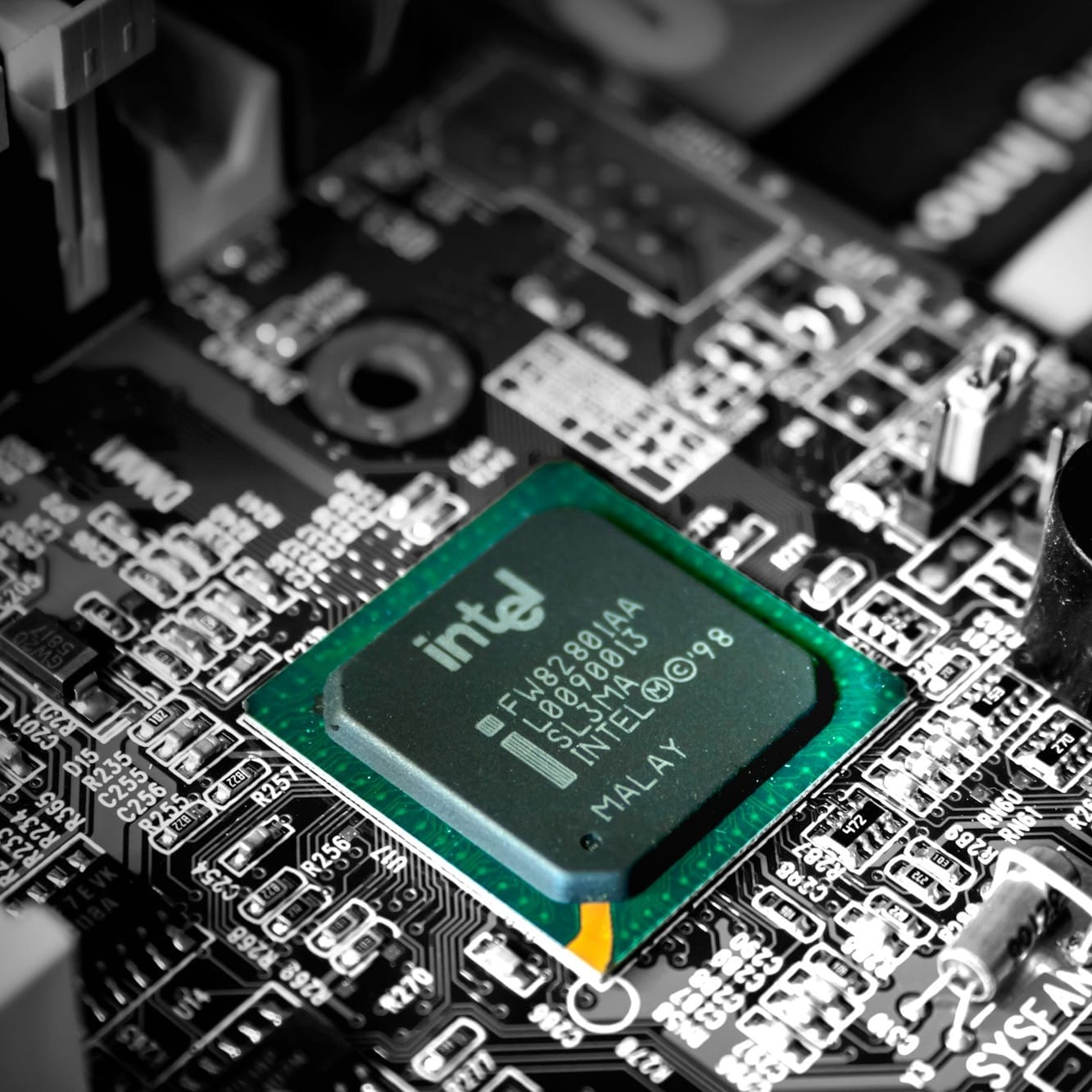Chips: how do Biden’s chip export controls affect Europe?
Tech policy circles on both sides of the Atlantic have been abuzz this week regarding outgoing President Biden’s AI diffusion or AI chip export control measures which essentially divide the EU into two tiers.

Tech policy circles on both sides of the Atlantic have been abuzz this week regarding outgoing President Biden’s AI diffusion or AI chip export control measures which essentially divide the EU into two tiers.
Tier I (See Bloomberg’s illustration below) includes 18 countries classified as ‘close allies’, such as Australia, New Zealand, Japan, Canada, Taiwan, South Korea and most Western and Northern European countries. These countries are given unlimited access to import needed chips.
Tier II includes Portugal, Greece, Austria, and Eastern EU Member States. These countries can import up to 50,000 advanced GPUs, with the potential to double this cap to 100,000 units if they enter into technology security agreements with the U.S.
Tier III includes usual suspects like Russia, China, North Korea, Iran and others. These countries are banned from importing chips due to national security concerns.
NVIDIA was quick to react, calling the initiative as “undermining America’s leadership with a 200+ page regulatory morass, drafted in secret and without proper legislative review.” Biden’s AI diffusion measures will significantly impact NVIDIA, as China is their third largest market generating a little over $10.3 billion in revenue, following the U.S. and Taiwan.
The EU is concerned
The new Executive Vice-President, Henna Virkkunen, and Commissioner Maroš Šefčovič issued a prompt and brief response, emphasizing their desire to work with the new U.S. administration to maintain a secure transatlantic supply of AI technology.
We are concerned about the US measures adopted today restricting access to advanced AI chip exports for selected EU Member States and their companies.
We believe it is also in the US economic and security interest that the EU buys advanced AI chips from the US without limitations: we cooperate closely, in particular in the field of security, and represent an economic opportunity for the US, not a security risk.
We have already shared our concerns with the current US administration and we are looking forward to engaging constructively with the next US administration. We are confident that we can find a way to maintain a secure transatlantic supply chain on AI technology and super computers, for the benefit of our companies and citizens on both side of the Atlantic.
Some believe this marks the beginning of a new chapter, where the EU will need to compromise with the U.S. on the treatment of American companies in Europe in order to secure what Europe needs as well.
This narrative has been further amplified by recent statements from META’s Mark Zuckerberg, who criticized the EU for mistreating American companies.
No impact on Western Europe, limited impact on Eastern Europe, but challenges may arise in the future
A Triton Market Research report shows that the EU GPU market is projected to grow by over 30% by 2028, suggesting Biden’s decision might become problematic for some EU Member States in the near future.
The exact numbers of GPUs sold to individual European markets are not publicly disclosed, but the biggest (Western and Northern) EU countries remain the dominant players and will largely be unaffected, as they are classified as Tier I countries.
Some smaller Eastern EU countries, such as my home country Lithuania, currently utilize only 40% of the Tier II cap, which itself can theoretically be doubled, if Lithuania enters technological security agreements with the US. Other countries, like Poland have voiced their concerns over rising demand.
Beyond practical needs, the decision also is taken as a political and diplomatic setback for Eastern EU countries, as they are not included among the ‘close allies’ in Tier I.

